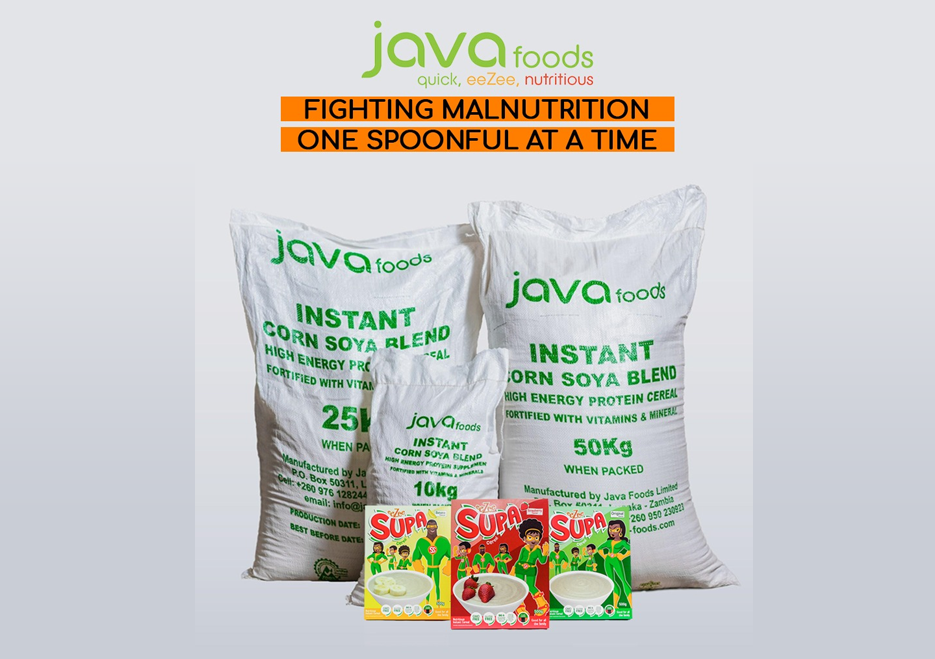Monica Musonda: From Corporate Lawyer to Noodle Empire Builder
Monica Musonda's journey from corporate lawyer to successful entrepreneur illustrates how diverse career experiences can fuel business success. The Zambian-born founder and CEO of Java Foods has built a thriving instant noodle empire that now sells over four million packs monthly across multiple African countries.

Monica Musonda’s journey from corporate lawyer to successful entrepreneur illustrates how diverse career experiences can fuel business success. The Zambian-born founder and CEO of Java Foods has built a thriving instant noodle empire that now sells over four million packs monthly across multiple African countries.
The Foundation Years
Musonda’s professional journey began in Zambia’s public sector, where she worked at the Attorney General’s office after completing her law degree at the University of Zambia. Seeking to broaden her horizons, she pursued a master’s degree at the University of London before returning to Africa in 2000.
Her corporate career took off at Edward Nathan Sonnenbergs (now ENSafrica) in Johannesburg, where she progressed from associate to director. In this role, she spearheaded the firm’s African operations, providing strategic counsel to major corporations including MTN, Old Mutual, and Sasol during their continental expansion efforts. Musonda’s most transformative professional experience came through her role at the International Finance Corporation in Washington DC, followed by her position with Nigeria’s Dangote Group in 2008. Working directly with Aliko Dangote, Africa’s wealthiest individual, provided her with invaluable insights into building and scaling businesses across Africa. She describes this experience as equivalent to earning an MBA, crediting Dangote’s mentorship as the catalyst that inspired her entrepreneurial ambitions. The exposure to Dangote’s business philosophy and operational strategies would prove instrumental in her later success.
Building Java Foods
In 2012, driven by a desire to contribute to Zambia’s development, Musonda returned to Lusaka to establish Java Foods. Despite lacking experience in the food industry, she identified instant noodles as her entry point, inspired by their success in Nigeria and Zambia’s abundant wheat production.

The company’s initial strategy involved importing noodles from China and packaging them locally under the Eezee Noodles brand. This approach allowed them to test the market while building brand recognition and distribution networks. Java Foods faced significant hurdles in its early years. Musonda initially underestimated the need for consumer education, assuming Zambians were already familiar with instant noodles. This led to inadequate marketing budgets and slower initial growth.
The company adapted by implementing creative marketing strategies, including demonstrations at children’s events where families could learn preparation methods and sample the products. Building distribution networks also proved challenging, requiring the company to work with wholesalers and navigate informal retail systems that now account for 70% of their sales.
Scaling Success
By 2015, Eezee Noodles had captured the leading position in Zambia’s instant noodle market. In 2018, Java Foods secured approximately $5 million in investment funding, enabling them to construct a local manufacturing facility and source wheat from Zambian farmers. The company has since expanded beyond Zambia’s borders, exporting to Zimbabwe, Malawi, and Tanzania. Their current monthly sales exceed four million packs, demonstrating the scalability of their business model.

Lessons Learned
Reflecting on her entrepreneurial journey, Musonda identifies several key lessons. She emphasizes the importance of understanding consumer needs and willingness to pay, particularly when introducing new product categories. She also acknowledges that diversifying the product portfolio earlier could have accelerated growth. From a management perspective, she admits to being too patient with underperforming employees, suggesting that quicker decisions on personnel changes could have improved the company’s growth trajectory.
Future Vision
Java Foods continues to focus on product diversification and regional expansion. The company’s success demonstrates how combining international experience with local market knowledge can create sustainable business models that contribute to economic development while generating substantial returns. Musonda’s story exemplifies how professional experience across different sectors and continents can provide the foundation for successful entrepreneurship, particularly when combined with a commitment to addressing local market needs and contributing to national development.










Leave a comment